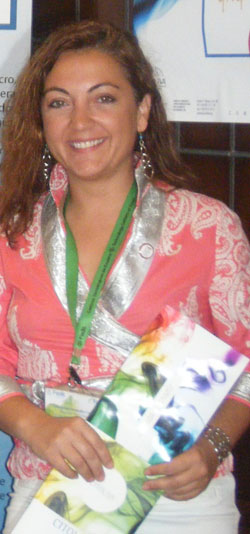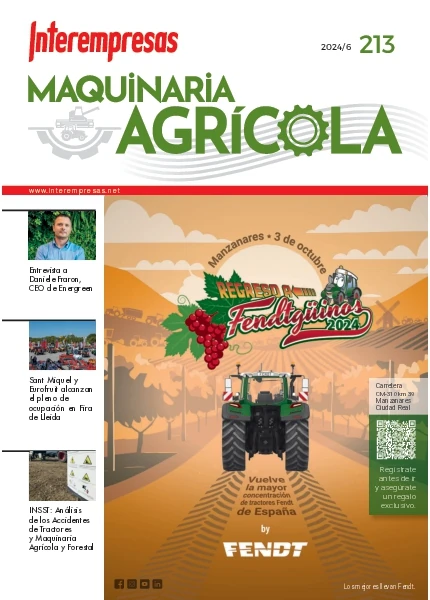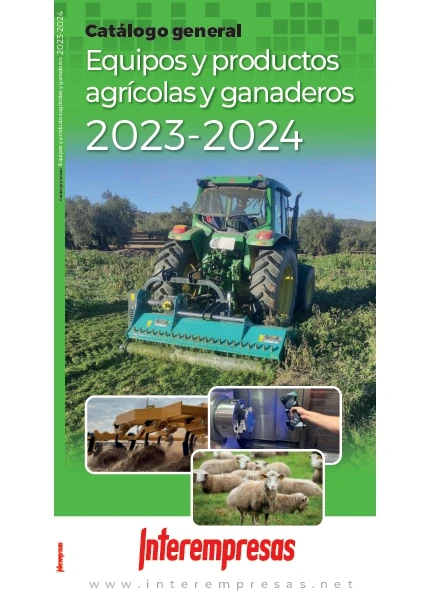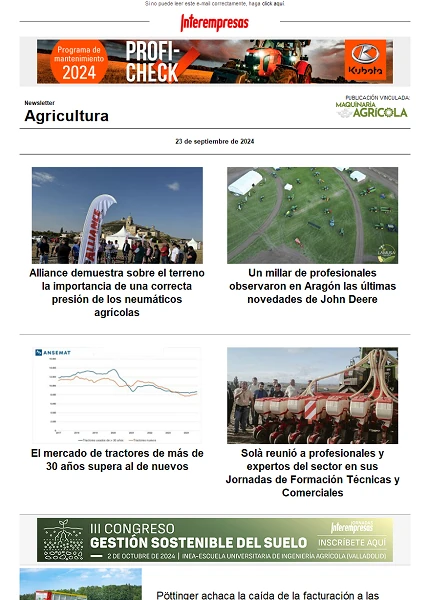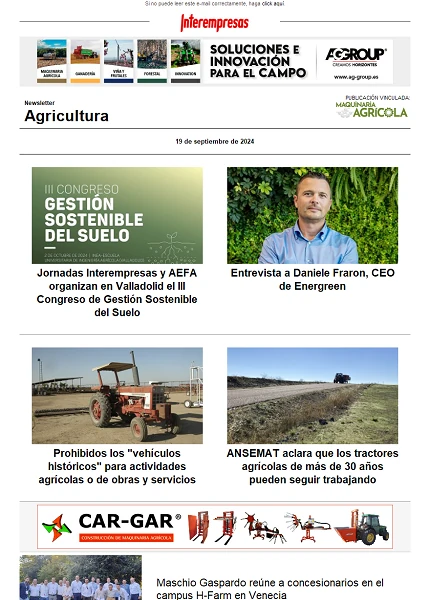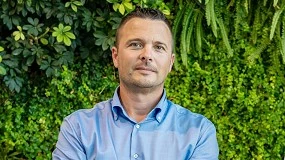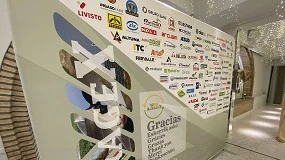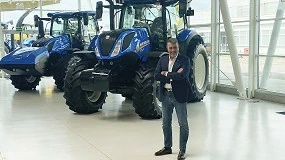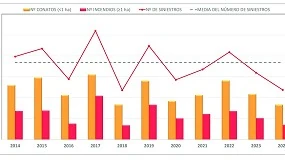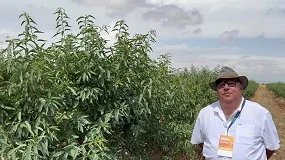The olive oil industry seeks to standardize its environmental impact
February 8, 2011
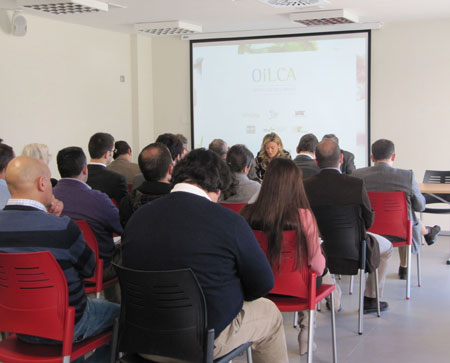
Objective: reduce the impact in all stages of production
To deal with it has created a consortium involving the following entities: Citoliva, technological centre of the olive and oil (Jaén); CTM, Centre Tecnológic of Manresa (Barcelona); IAT Andalusian Institute of technology (Seville); TRC, Centre for waste Valorização (Braga-Portugal); and LCAI, Laboratoire of Chimie AgroIndustrielle (Toulouse - France), as charitable partners and AOTAD, Associação of olive growers of after-os - Montes e Alto Douro (Mirandela-Portugal) as associate partner.
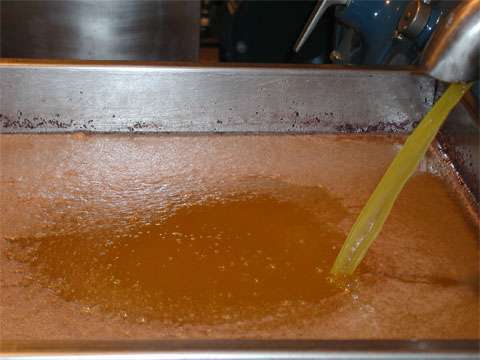
However, 'oilca' will have to overcome five major phases of work: a first coordination and management, followed by the development of a methodology and design and implementation of an environmental label for the communication of the carbon footprint of olive oil, stage to be completed with tool design software and transfer of technology to companies, finally culminating with the monitoring, evaluation and dissemination of the results expected. Among them:
- Development of a database for inventory life cycle and costs in the sector of the olive oil in the Sudoe space.
- The carbon footprint of the production of olive oil generic for the area of partnership and for each specific producer involved in the transfer of technology.
- The design of a computer tool applicable to producers in the sector that will lay the foundations for decision making in the management of their waste with less environmental impact and better economic returns.
- The introduction of an environmental label the product involving a dual purpose: as an instrument of communication for the consumer of the effort by the olive oil sector in its contribution to the mitigation of climate change and on the other hand the increase in sales of the producer by the predilection of the consumer by a sustainable product.
- What mean for the olive oil sector Spanish participation in a project as important as 'oilca'?
A competitive differentiation with respect to other production areas. The space of the European South West currently produces nearly 50% of world production of olive oil, which is why the commitment of the olive products sector with the environment will bring added value to our products.
- Determine the footprint of carbon in our products has become fashionable. Is made with wine, with some fruits and vegetables, etc. for the olive oil and its producer was an unfinished business?
No, the principles of eco-efficiency in the production of olive oil, the management of waste and costs that are associated, are concepts that are already in place in the sector. What is underway is standardization of criteria so that you can analyze the maximum number of variables of production and management, according to the different producers. This is the interesting thing about 'OiLCA', a project involving different producing areas such as Catalonia, Andalusia, North-East of France and Portugal.
-Citoliva will be responsible for the coordination and management of the project. What does mean to you to lead for the first time an international project?
Our motto 'Transfer and action' motivates us to seek new horizons, to internationalize the sector and to seek competitive synergies, which is why coordinating a Sudoe project, co-financed with Feder funds, is an annual award. As a cluster of the olive oil sector, the management and coordination of relevant projects, both for producers and for consumers, it is one of our founding objectives. Leading technology companies transfer reaffirms Citoliva capacity to boost r & d in the sector of olive oil, this time related to sustainability.
-A first step will be to analyse GHG emissions at all stages of production of olive oil. There is some previous study which can bring us quantitatively what figures we are moving?
Yes, there are studies that determine GHG emissions associated with the production of olive oil. Depending on the objective, scope and limits of the considered system, are reported values that range from 1 to 6 kg CO2- eq/litre of olive. The objective of 'oilca' is more ambitious and is intended to cover the main variables throughout all stages of the life cycle, from cultivation and harvesting, through its manufacture, distribution to final waste management. In particular, will explore different scenarios from the cradle to the grave, which will be integrated in the tool developed in the project in order to facilitate the economic and environmental assessment of enterprises in the sector.
-One of the secondary goals is to get to implement an eco-label. It's an initiative that was expected from the industry or are welcomed with reservations?
Environmental communication is becoming a very important among the companies due to the growing interest of consumers, users and public administrations with regard to the conservation and protection of the environment. Environmental labelling is introduced as a tool of information on the environmental status of a product or service, that enables consumers and users choose from a product or service based on environmental considerations. In this sense environmental labelling contributes to find common ground between the world of business and the environmental and social challenges in which the resulting situation is beneficial to both parties.
-The project 'oilca' will have to overcome five major phases of work. Which one is it presented as essential and why?
The dissemination, transfer to the sector is the key to the development of the project, as companies will be which confirm the success of 'oilca'. We must be able to transmit a software tool capable of determining the carbon footprint of all the olive oil sector. We have the support of 55 companies to assess the accessibility and management of it through participation in regional workshops in which the accessibility of the designed software will be validated. The results will be Basic for decision making in management and direction, so that they can apply the techniques to reduce emissions, costs of waste management and adaptation to the regulations.
-For when the first results are expected?
The Consortium expects to have the first results next autumn, coinciding with the start of the harvest of 2011. Time in which to work hand in hand with various mills will make it possible to compare the first results of the project.
